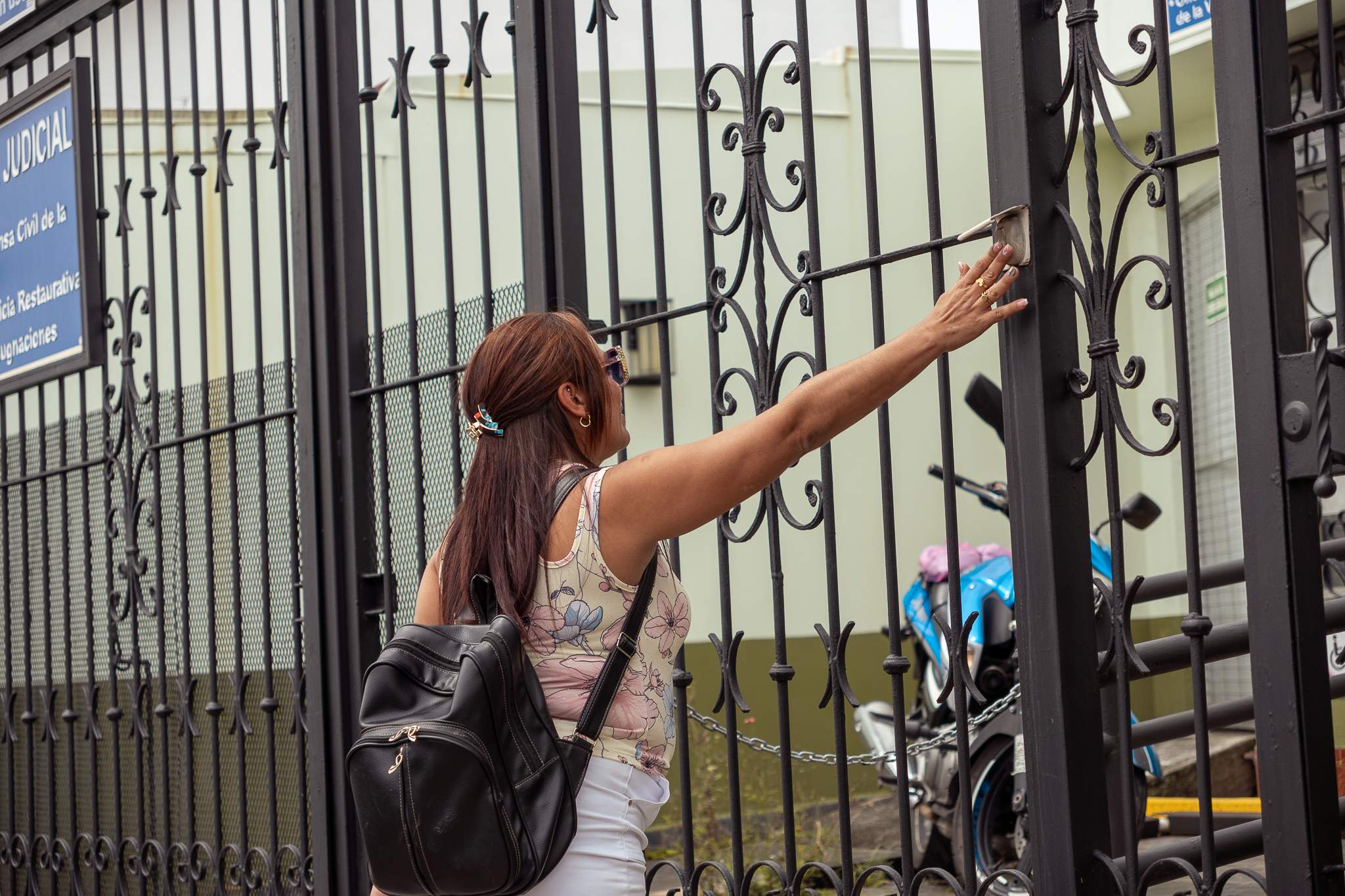Proportionality and Penal Alternatives
As part of the COPOLAD III Programme, the Working Group on Proportionality and Penal Alternatives (WG 3.5) was created to generate knowledge, exchange experiences and develop practical tools to advance towards a more humane and effective approach to criminal drug policy.
Led by the Poder Judicial (Judicial Branch) of Costa Rica and the National Drug Council of Trinidad and Tobago, the group brought together key institutions from Latin America and the Caribbean to promote more proportionate criminal responses, alternatives to incarceration, and restorative justice strategies for low-level drug offences.
The working group facilitated an inter-institutional and regional dialogue that made possible to:
- Identify needs and opportunities across the region to strengthen the use of alternative measures in cases involving minor drug offenses.
- Share successful experiences in criminal proportionality and restorative justice throughout Latin America and the Caribbean.
- Develop practical tools to support the implementation of differentiated approaches in criminal and penitentiary policies
- Promote institutional commitment toward adopting normative and operational reforms within justice systems.

Thanks to this initiative, COPOLAD was able to consolidate six strategic actions that today represent significant progress in the region:

Regional standards on proportionality and alternatives to criminal penalties (COMJIB)

Regional protocol on specialized penal defense (AIDEF).

National model for specialized penal defense in Paraguay.

Restorative justice protocol for women in Costa Rica.

Restorative justice model for young people in the Dominican Republic.

Strengthening the dissuasion approach in Trinidad and Tobago.
These advances reinforce the importance of continuing to promote a more humane and efficient criminal justice system in the region. The experience of this working group has shown that a proportional and alternative approach to criminal justice not only reduces the negative impact of incarceration on vulnerable populations, but also strengthens social cohesion and the effectiveness of drug policies in Latin America and the Caribbean.





